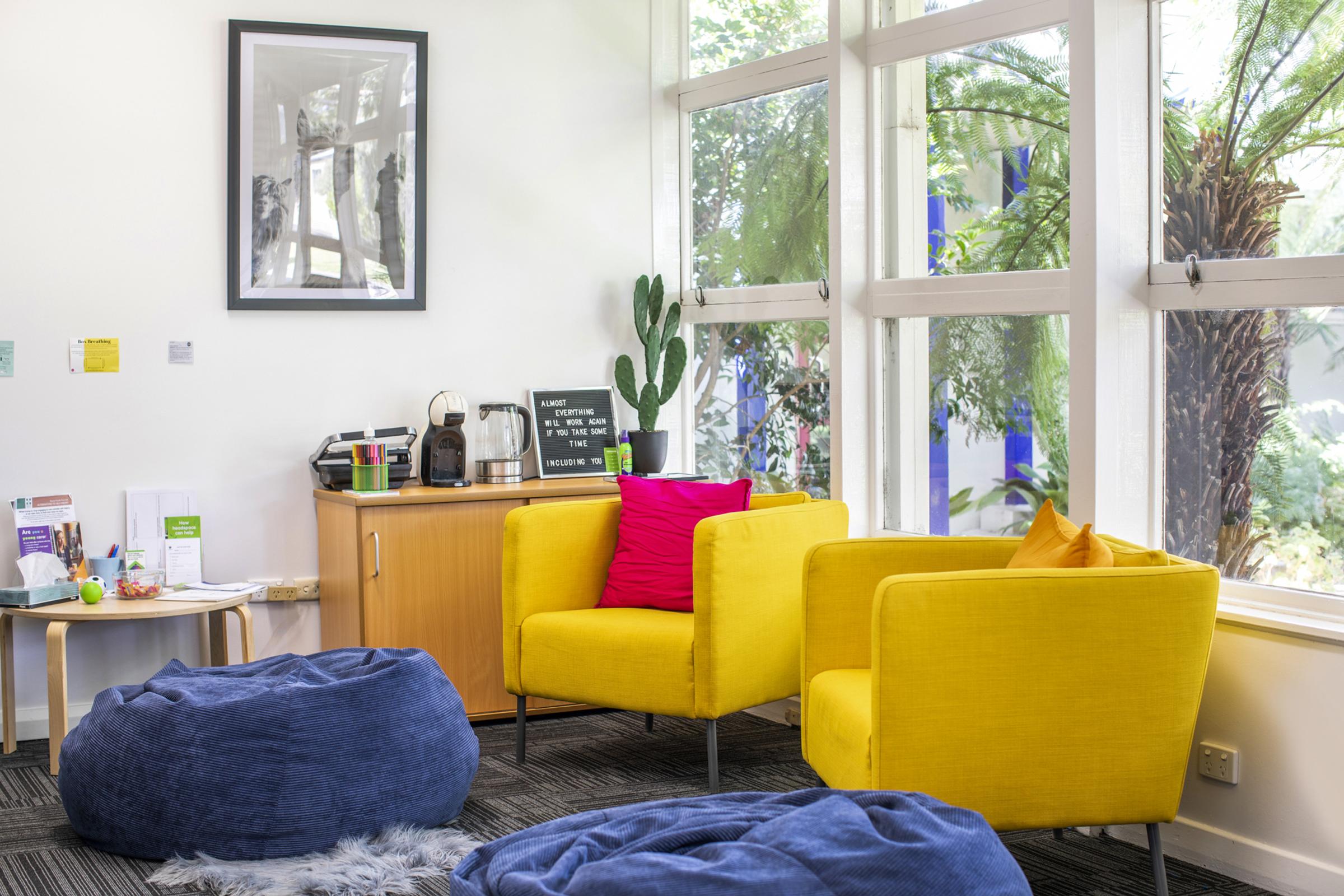Student Wellbeing
The Wellbeing Team: Felicity Brown, Isabella Farrar, Pat Pekin, Suzanne Tonks, Lucy Wright

Student Wellbeing
The Wellbeing Team: Felicity Brown, Isabella Farrar, Pat Pekin, Suzanne Tonks, Lucy Wright
Headspace have set up a mailing list to ensure families are the first to hear about upcoming headspace workshops and webinars designed for parents and carers.
You can sign up using the following link Stay in the loop with headspace!
Headspace is Australia’s National Youth Mental Health Foundation, providing early intervention mental health services to 12-25 year olds.
Student Essay by Jake Dyke, year 12 graduate 2024
Throughout my schooling, I have faced numerous challenges—none more crippling than the battle with Obsessive-Compulsive Disorder (OCD). It has affected me tremendously, leaving deep imprints on my academic journey, social life, and mental health. OCD is often misunderstood as a condition involving a neat obsession with cleanliness or organization. For me, however, the disorder manifested in far more insidious ways—through vile and repulsive intrusive thoughts that would consume my mind, making it incredibly difficult to focus on anything, least of all my studies. These thoughts were not only distressing but also felt uncontrollable, and they often spiralled into compulsive actions, forcing me into rituals I believed would alleviate the discomfort. Yet, these actions brought only temporary relief, trapping me in a cycle that was hard to break.
This overwhelming battle with OCD often resulted in missing a substantial amount of class time. While it might seem like simply skipping school or lacking motivation to some, for me, it was an entirely different reality. Avoidance became a coping mechanism—a way to reduce anxiety when my mind felt like it was imploding with incessant thoughts. But avoiding school only brought with it more stress, guilt, and self-loathing. I began to fall behind in my classes, miss deadlines, and lose touch with my peers. These gaps in attendance and engagement significantly affected my academic performance. Where once I had excelled, now I struggled to even concentrate long enough to finish a single assignment. OCD blurred my cognitive focus, making studying an overwhelming task that I often couldn’t even begin.
A link to the full essay can be found here https://docs.google.com/document/d/1gW1-B6pf7SxlEigq9GH9tA4oC3-qF1Nr1wkPvE4B3Hw/edit?usp=sharing


Holiday Technology Tips
The holiday period for some adolescents can mean more time spent on devices. Here are some tips, that can help your adolescent navigate the online world safely and positively
1. Communicate Openly
2. Set Boundaries and Rules
3 Educate Yourself
4. Discuss Online Safety
5. Lead By Example
6. Encourage Offline Activities